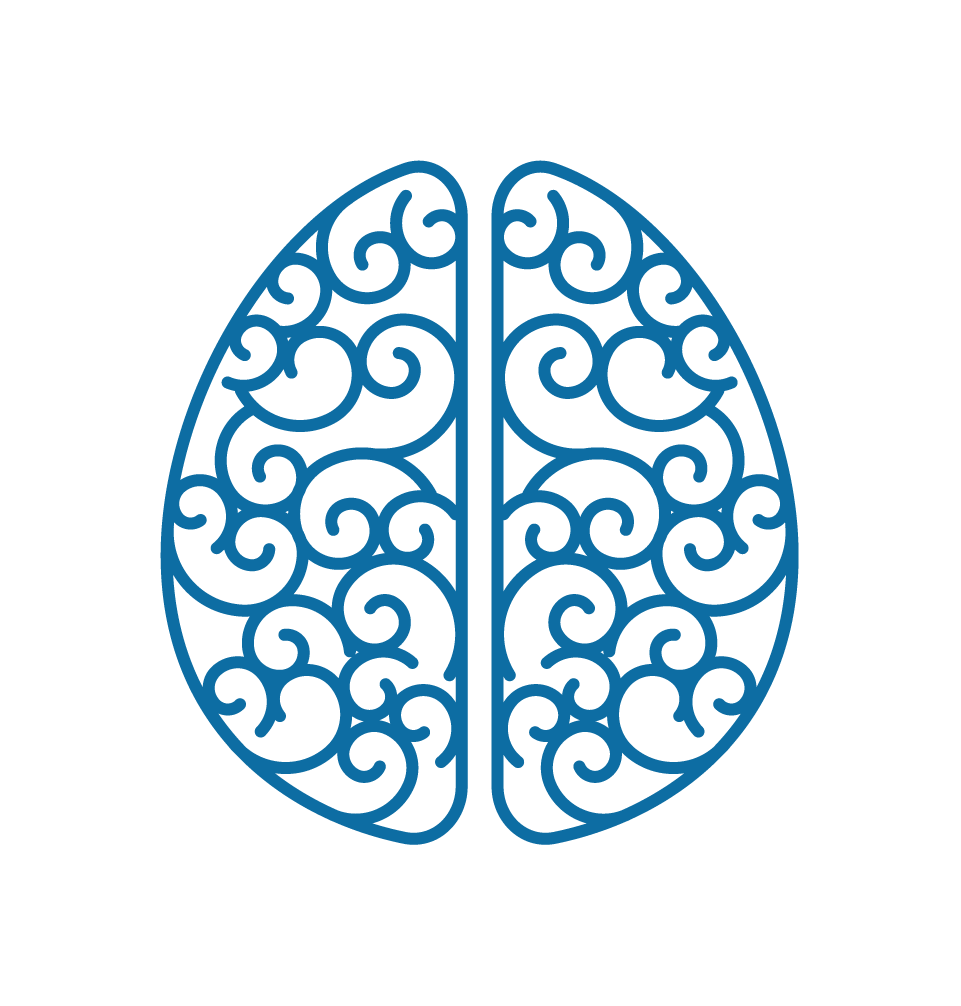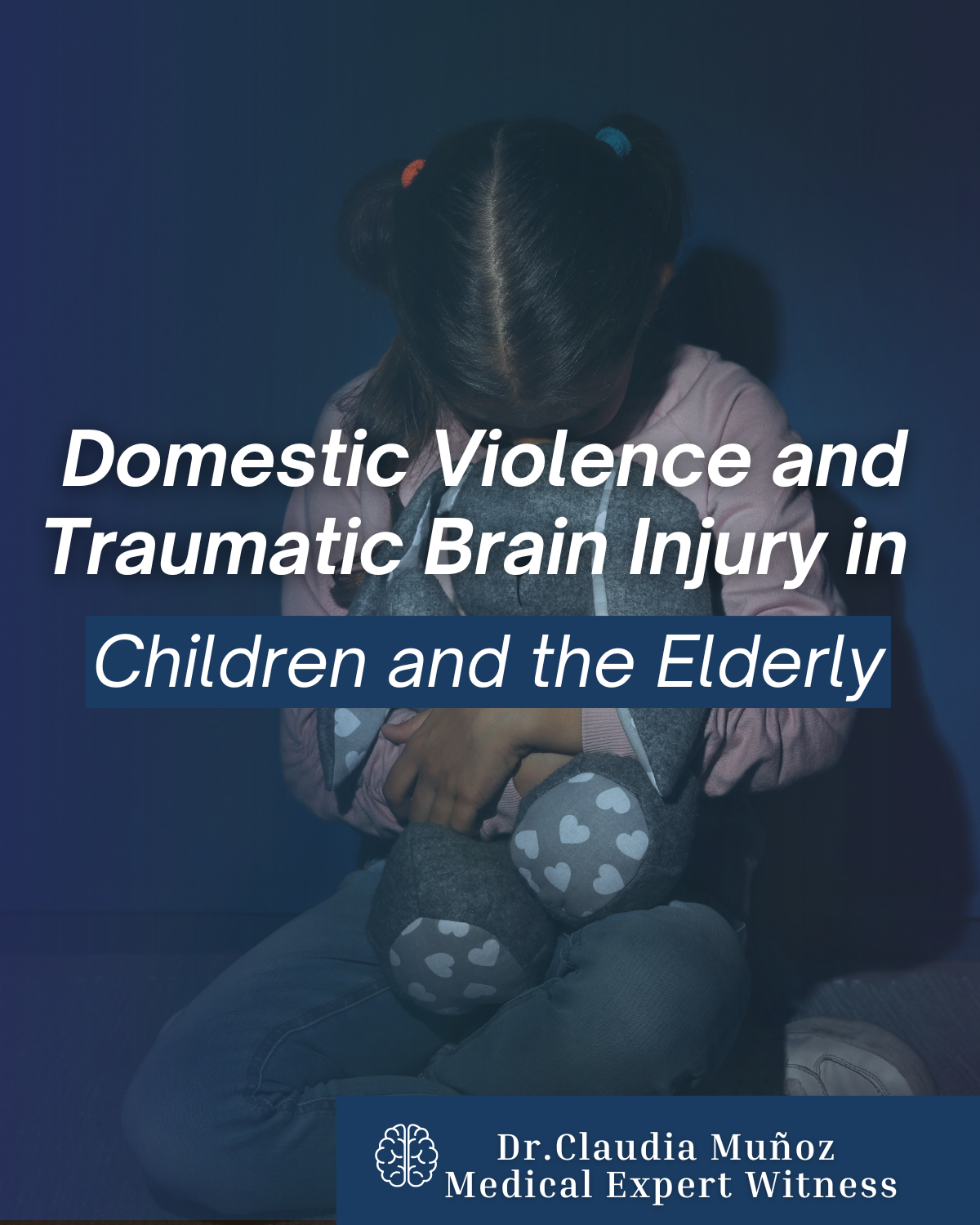Domestic Violence and Traumatic Brain Injury in Children and the Elderly
Domestic violence is not limited to intimate partners. It affects some of the most vulnerable members of society — children and the elderly — whose physical fragility and neurological vulnerability make them especially susceptible to Traumatic Brain Injury (TBI).
TBI is one of the most serious and frequently underrecognized outcomes of domestic violence. In both children and older adults, these injuries can have lasting effects on cognition, emotion, and overall brain health — often mistaken for developmental issues or age-related decline.
Elder Abuse: A Growing but Underrecognized Crisis
Elder abuse includes physical, psychological, financial, or social harm inflicted on individuals over the age of 60.
Despite its significant impact, it remains severely underreported due to factors such as isolation, dependence on caregivers, and cognitive impairment.
Physical abuse and neglect can lead to falls, head injuries, and subsequent brain trauma, which may worsen existing neurological conditions or mimic them. Even mild TBIs can accelerate cognitive decline, impair balance, and lead to mood and behavioral changes.
Neurological consequences of elder abuse may include:
Worsening memory loss or confusion
Sleep and mood disturbances
Emotional instability and depression
Decline in executive functioning and attention
For many older adults, these signs are incorrectly attributed to normal aging. Recognizing the potential for trauma-induced brain injury is critical for accurate diagnosis and appropriate care.
Childhood Abuse and Its Lifelong Neurological Effects
Children, particularly infants, are among the most defenseless victims of domestic violence. Studies show that infants are six times more likely to be abused than children aged one to five — often before they can verbalize distress or injury.
Abusive head trauma in infants and young children can lead to:
Delayed cognitive and motor development
Memory and learning difficulties
Emotional and behavioral dysregulation
Long-term psychiatric conditions, including PTSD and depression
The neurological and psychological effects of early abuse can persist well into adulthood.
Research indicates that 61.4% of individuals who were abused as children later experience abuse as adults — often forming relationships where trauma is repeated or normalized.
This pattern, known as the cycle of violence, reflects both the social and neurological consequences of early injury and instability.
Domestic violence and TBI function as mutual risk factors.
In both the elderly and children:
Physical abuse increases the risk of TBI through direct impact or falls.
Untreated TBI can increase vulnerability to further abuse by impairing judgment, communication, and emotional control.
This cycle reinforces both dependency and victimization, often persisting for years unless properly recognized and treated. Early neurological evaluation is essential to identify and manage the lasting effects of trauma.
Addressing domestic violence in children and older adults requires a multidisciplinary approach that includes:
Healthcare professionals, to screen for TBI and document neurological findings
Law enforcement and legal professionals, to ensure proper investigation and accountability
Social workers and rehabilitation specialists to provide long-term support and care
Incorporating neurological assessment into abuse evaluations helps ensure that injuries affecting cognition and behavior are properly identified — providing survivors with both medical validation and legal protection.
Domestic violence in the elderly and children represents a critical intersection between medicine, neurology, and justice.
Its impact extends beyond physical harm — influencing brain function, emotional health, and quality of life.
Through early recognition, proper screening, and coordinated care, we can reduce long-term neurological damage and help survivors reclaim safety and independence.
Connect for Expert Support
If you handle personal injury, elder abuse, or child protection cases, I offer neurological evaluations, expert testimony, and case reviews grounded in medical accuracy and clarity.
📩 For inquiries or consultations: doctor.claudia@gmail.comDr. Claudia Muñoz, MD, MPH
Neurologist | Medical Expert Witness

